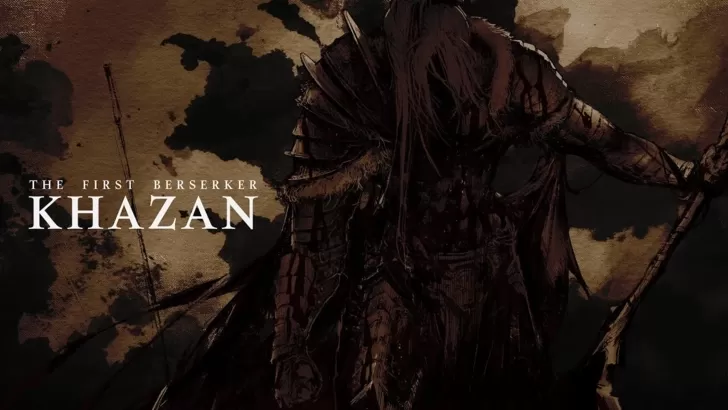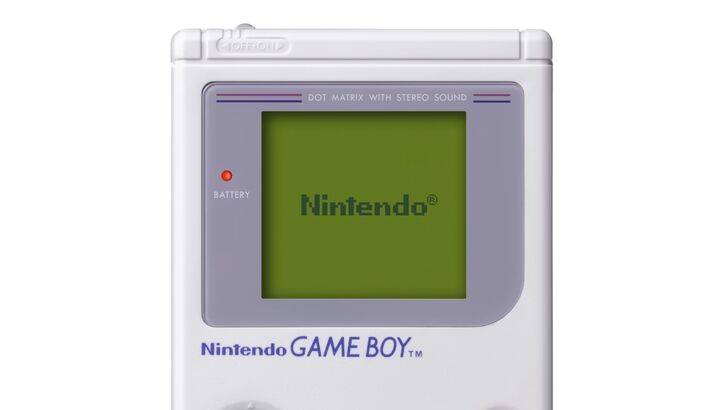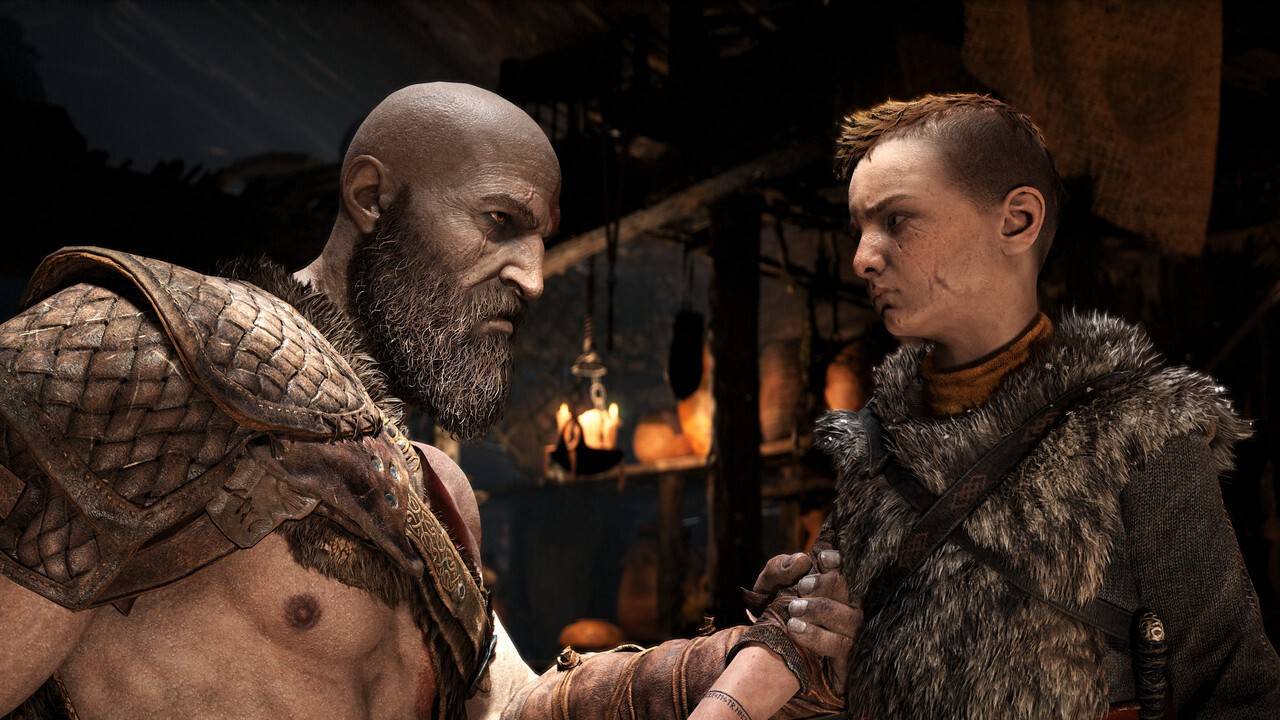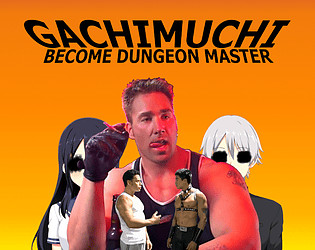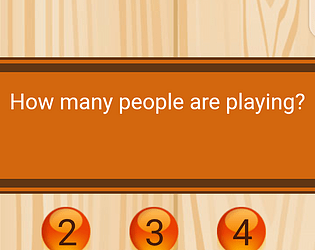Horizon actor Ashly Burch has addressed the AI Aloy video that leaked online last week, using it to call attention to the demands of striking voice actors.
Last week, The Verge reported on the emergence of an internal Sony video showcasing technology that uses Aloy from the Horizon series to demonstrate AI-powered characters. Sony has yet to respond to IGN's request for comment.
In the now-deleted video, Sony Interactive Entertainment's director of software engineering, Sharwin Raghoebardajal, engages in a conversation with an AI-powered Aloy through voice prompts and AI-generated speech and facial animations. Raghoebardajal inquires about Aloy's well-being, to which she responds, "Hello, I'm managing alright. Just dealing with a sore throat. How have you been?"
The voice emanating from Aloy's mouth is clearly not that of Burch, but rather a robotic tone similar to those produced by text-to-speech voice generators. AI Aloy's facial movements appear stiff, and her eyes lack the life typically seen in well-crafted characters.
The Best PlayStation Character Face-Off
Pick a winner

 New duel
New duel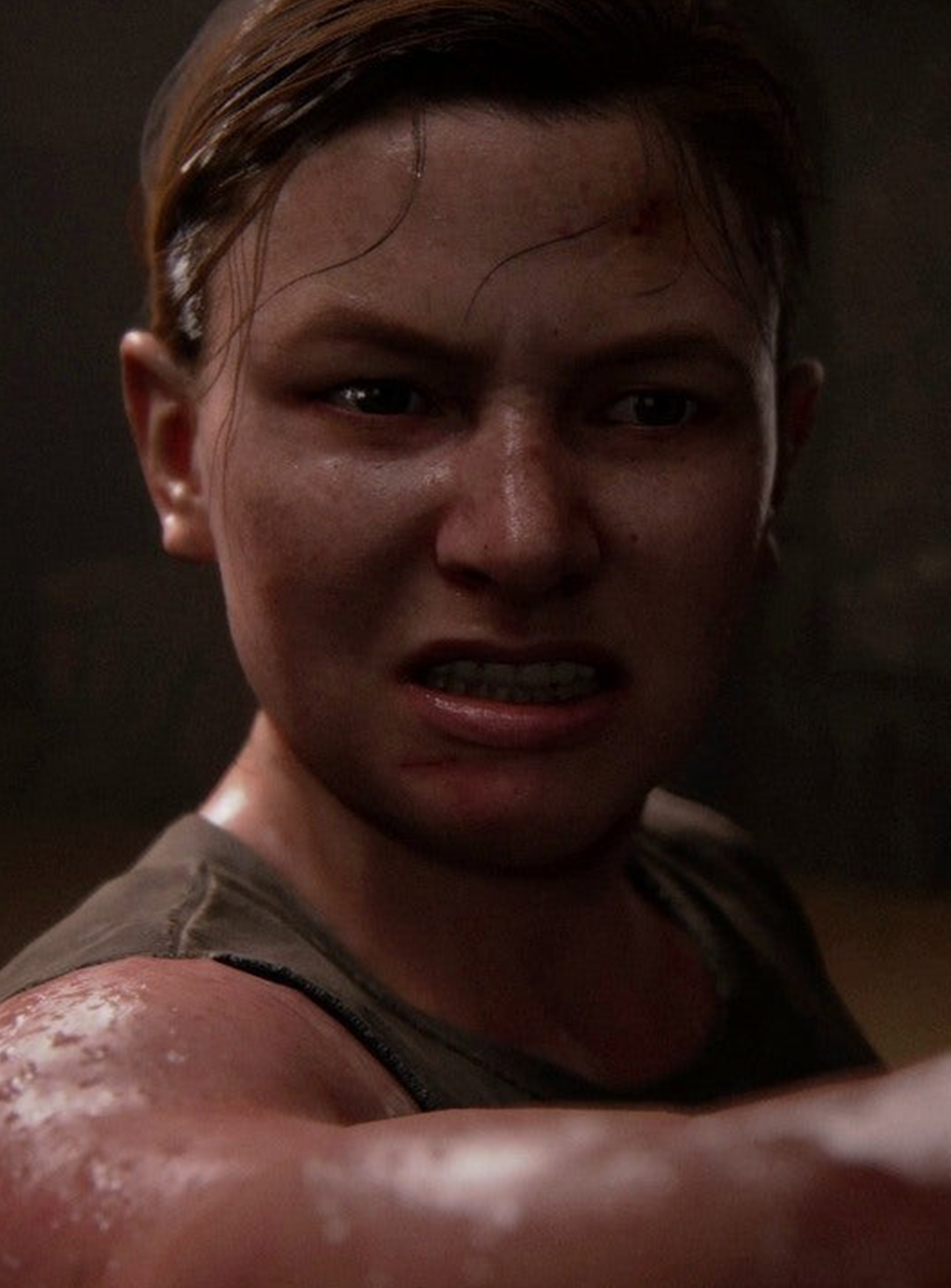 1ST
1ST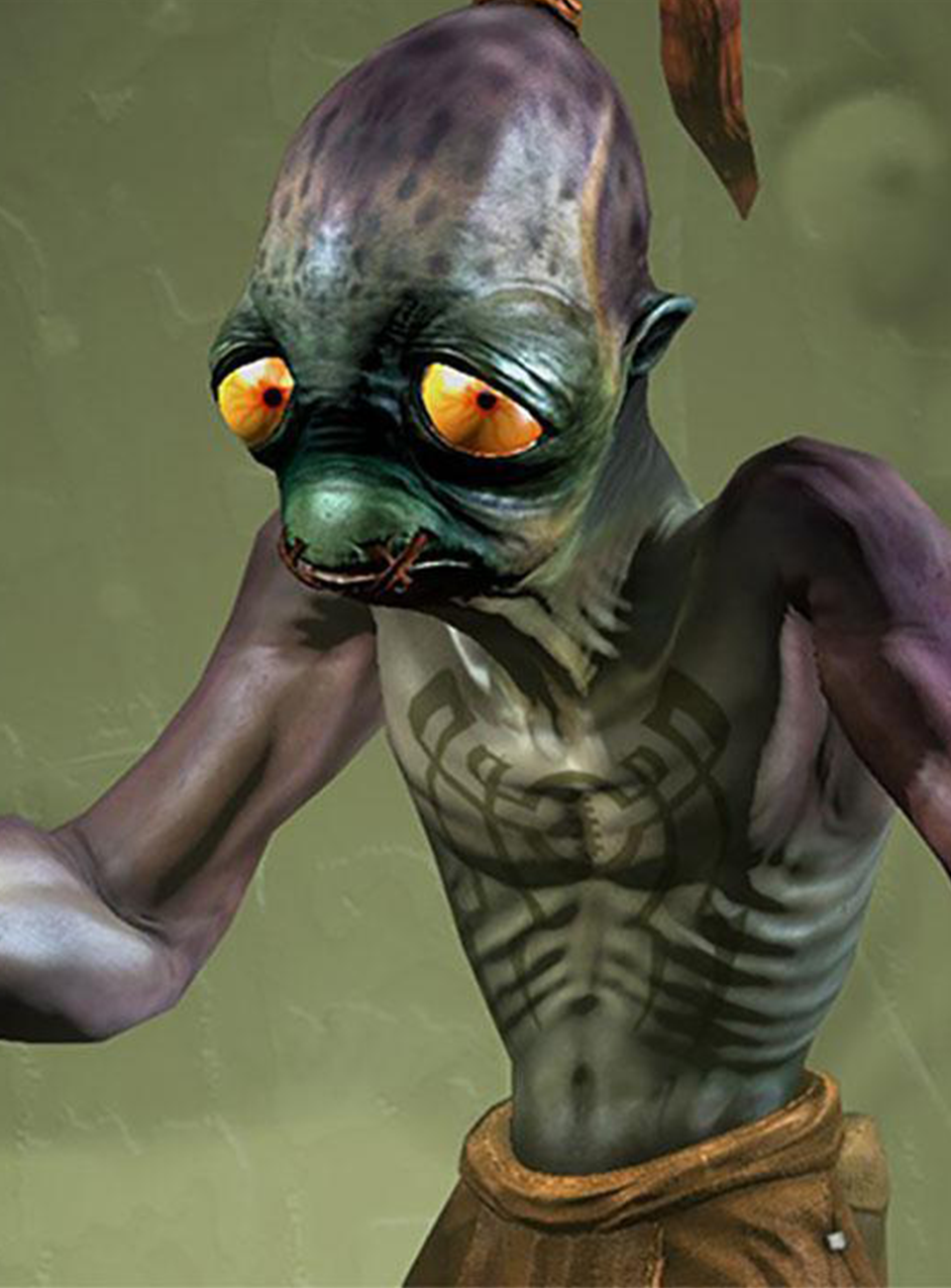 2ND
2ND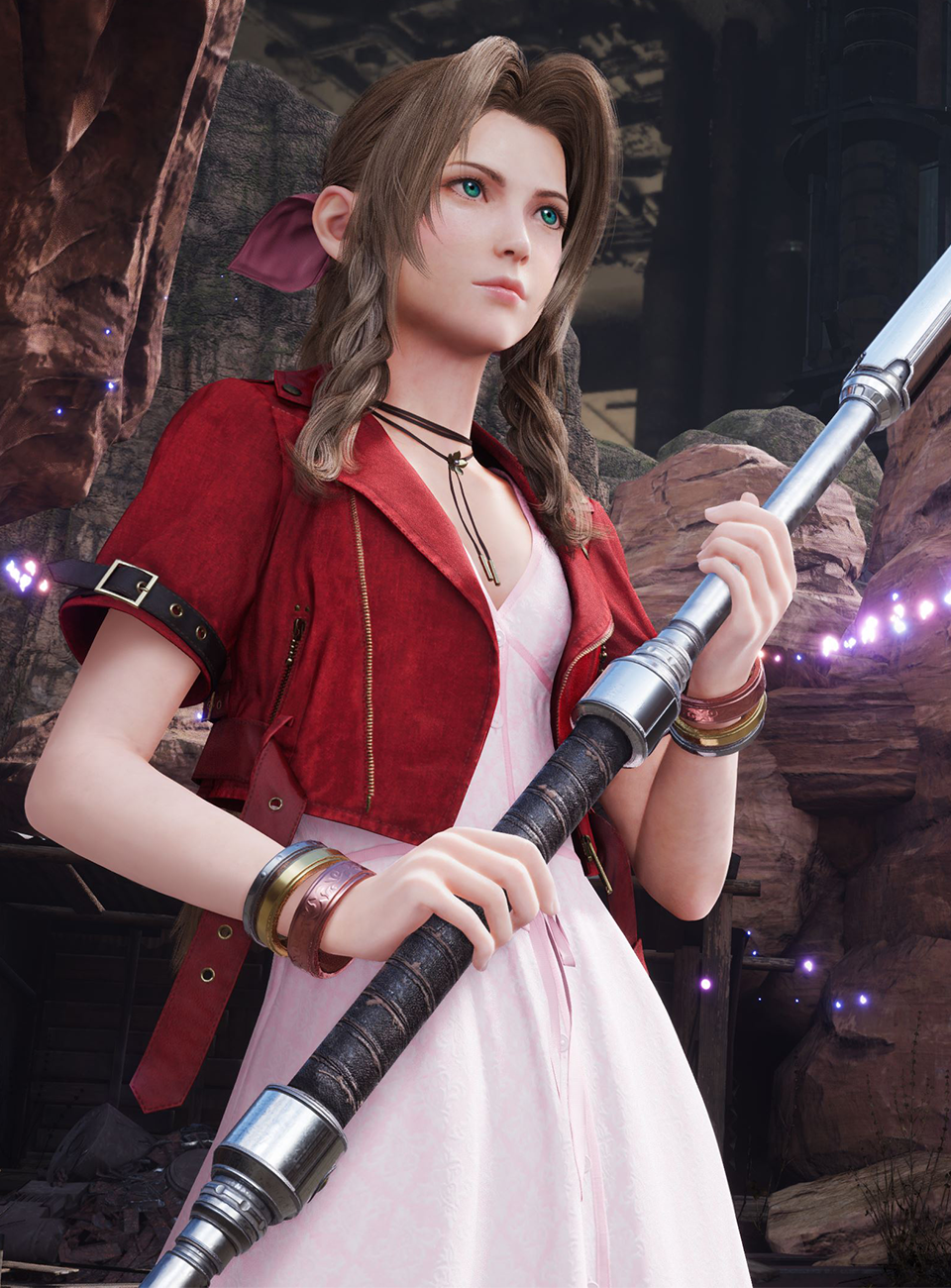 3RDSee your ResultsFinish playing for your personal results or see the community's!Continue playingSee resultsBurch, who has voiced Aloy in all four Horizon video games released so far (Zero Dawn, Forbidden West, Call of the Mountain, and Lego Horizon Adventures), took to the social media platform TikTok to confirm that she had seen the video. Horizon developer Guerrilla contacted her to clarify that the tech demo did not reflect anything currently in active development, nor did it utilize any of Burch's performance data (facial or voice). This presumably rules out the use of AI Aloy for the upcoming Horizon multiplayer game and the inevitable Horizon 3. However, as Burch pointed out, Guerrilla (and parent company Sony Interactive Entertainment) owns the character Aloy.
3RDSee your ResultsFinish playing for your personal results or see the community's!Continue playingSee resultsBurch, who has voiced Aloy in all four Horizon video games released so far (Zero Dawn, Forbidden West, Call of the Mountain, and Lego Horizon Adventures), took to the social media platform TikTok to confirm that she had seen the video. Horizon developer Guerrilla contacted her to clarify that the tech demo did not reflect anything currently in active development, nor did it utilize any of Burch's performance data (facial or voice). This presumably rules out the use of AI Aloy for the upcoming Horizon multiplayer game and the inevitable Horizon 3. However, as Burch pointed out, Guerrilla (and parent company Sony Interactive Entertainment) owns the character Aloy.
With these points in mind, Burch expressed her concern about the future of game performance as an art form and used the AI Aloy video as a platform to discuss the ongoing video game voice actors strike, which has seen several high-profile casualties in recent weeks.
Last week, the Screen Actors Guild - American Federation of Television and Radio Artists (SAG-AFTRA) provided an update to its members on the status of negotiations over video game actor AI protections, indicating that while progress had been made, they remain "frustratingly far apart" from the industry bargaining group on key issues.
"Currently, what we're fighting for is the requirement for our consent before creating an AI version of us in any form, fair compensation, and transparency on how this AI double is being used," Burch explained.
"I feel worried not because the technology exists, nor because game companies want to use it, which is understandable given their interest in technological advancements. What concerns me is the possibility that if we lose this fight, someone's performance could be used without their consent or protections. This thought deeply saddens and scares me. I love this industry and art form so much, and I want to see a new generation of actors thrive. I want to continue doing this job. If we don't win, that future is at risk.
"I'm genuinely not trying to single out any specific game company, certainly not Guerrilla. The technology itself isn't the problem, nor is the desire of game companies to utilize it. The issue is that we're currently on strike, and the bargaining group refuses to provide us with common-sense protections.
"I support the strike. I've always supported the strike. I believe that fighting is essential to protect the future and longevity of the career we all cherish," Burch continued.
Burch also highlighted the temporary union contracts that currently offer all the protections the striking voice actors are seeking, available for any video game company to sign. "There are interim, tiered, and low-budget agreement contracts available right now for any game company to sign," Burch stated. "I believe we deserve to be protected."
@ashly.burch let us speak on AI aloy
♬ original sound - Ashly Burch
blockquote.tiktok-embed[data-video-id='7481742753991314734'] { width: 325px; margin-left: 0; } blockquote.tiktok-embed iframe { border-radius: 8px; }Generative AI remains a hot topic within the video game and entertainment industries, which have both experienced significant layoffs in recent years. It has attracted criticism from players and creators due to ethical concerns, rights issues, and AI's challenges in producing content that audiences enjoy. For example, Keywords Studios attempted to develop an experimental game using entirely AI, but the game failed, as Keywords reported to investors that AI was "unable to replace talent."
Despite this, numerous video game companies continue to explore generative AI in their product development. Activision recently disclosed the use of generative AI for some Call of Duty: Black Ops 6 assets as part of new requirements on Steam, amidst a backlash to an "AI slop" zombie Santa loading screen.
The voice actor strike has started to affect several video games. Players have noted that games like Destiny 2 and World of Warcraft have unvoiced NPCs in scenes that typically feature voiced characters, likely due to the strike. Late last year, SAG-AFTRA struck League of Legends after Riot allegedly tried to circumvent the strike by canceling a game in response. Activision confirmed that Call of Duty: Black Ops 6 characters were recast following player concerns about new voices.
Just last week, two Zenless Zone Zero voice actors revealed they learned of their replacement upon seeing the game's latest patch notes.
Head of PlayStation Productions and head of product at PlayStation Studios Asad Qizilbash recently weighed in on AI, stating its importance to Gen Z and Gen Alpha gamers who seek "personalization across everything."
"For instance, non-player characters in games could interact with players based on their actions, making it feel more personal," Qizilbash said. "This is important for the younger Gen Z and Gen Alpha audiences, who are the first generations to grow up digitally and seek personalization across everything, as well as meaningful experiences."

